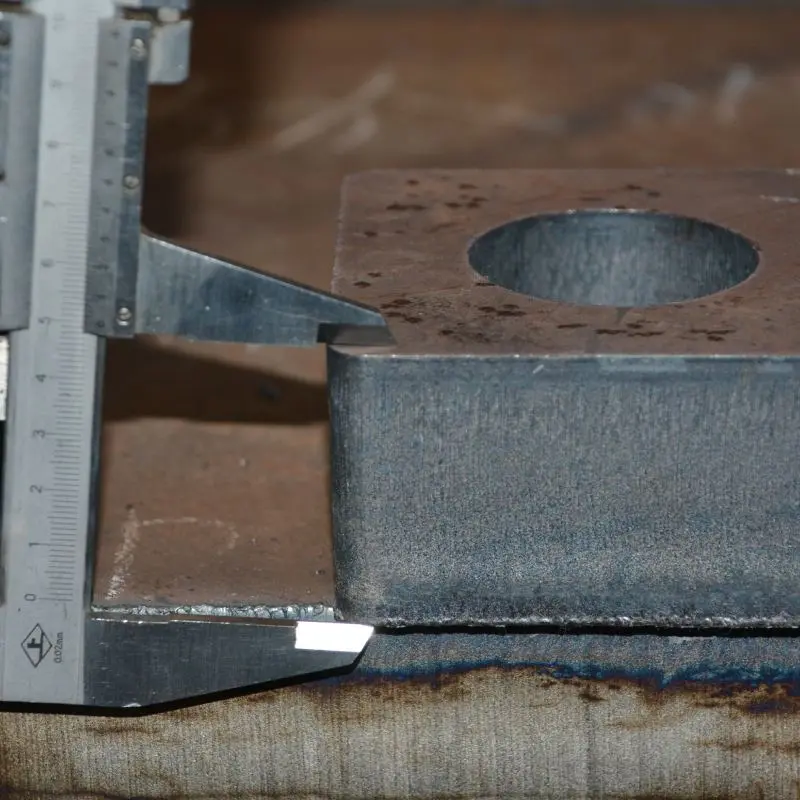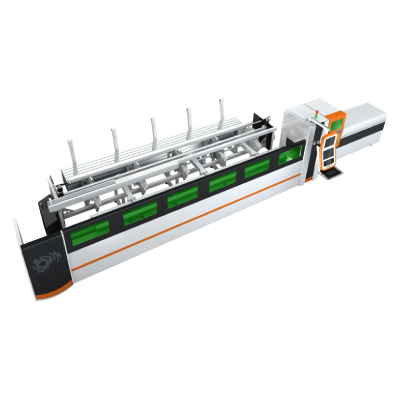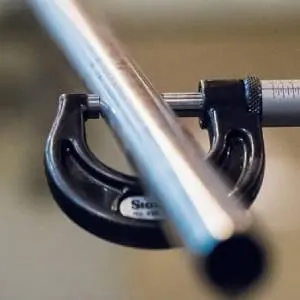Steel has been a critical material in construction and manufacturing, known for its strength, durability, and versatility. Among the various specifications of steel plates available in the market, 20mm thick steel plates have carved out a significant niche across multiple industries. This article delves into the properties, applications, and benefits of utilizing 20mm thick steel plates, emphasizing their importance in today’s manufacturing landscape.

Exploring the Versatility and Applications of 20mm Thick Steel Plates in Modern Industries
Properties of 20mm Thick Steel Plates
Steel plates, particularly those with a thickness of 20mm, possess several integral properties that make them suitable for diverse applications. The thickness provides an excellent balance between weight and strength, which is essential in construction and manufacturing processes where structural integrity is paramount.
**Strength and Durability:**
A 20mm thick steel plate offers exceptional tensile strength, making it an ideal choice for heavy-load applications. The ability to withstand significant stress while maintaining stability is vital in construction projects like bridges and large buildings. The durability of steel also translates to long lifespan and reduced maintenance needs, making it a cost-effective choice over time.
**Weldability and Fabrication:**
This thickness allows for easier welding and fabricating processes. Many industrial applications require plate steel to be customized to fit specific designs, and 20mm plates strike an excellent balance, allowing for detailed welding without compromising the integrity of the material. Additionally, steel can be easily cut, drilled, or shaped, providing flexibility in design.
Applications of 20mm Thick Steel Plates
The versatility of 20mm thick steel plates is evident in their wide-ranging applications across various sectors, including construction, manufacturing, shipbuilding, and automotive industries.
**1. Construction:**
In the construction sector, 20mm thick steel plates become integral to structural components such as beams, columns, and floors. They are often used in the construction of industrial warehouses, bridges, and high-rise buildings due to their ability to bear heavy loads and resist environmental stressors.
**2. Manufacturing:**
Manufacturers utilize these steel plates in producing machinery and equipment that require robust materials to withstand intense operational conditions. This thickness is often used for tank construction, components for heavy machinery, and even parts for grinding mills, where robustness is crucial.
**3. Shipbuilding:**
The maritime industry frequently employs 20mm thick steel plates in constructing hulls and other critical components of ships. The marine environment demands materials that can resist corrosion, and while steel generally requires protective coatings, its strength makes it a popular choice for ship production.

Exploring the Versatility and Applications of 20mm Thick Steel Plates in Modern Industries
**4. Automotive Industries:**
In automotive manufacturing, 20mm thick plates are often incorporated in the production of frames and chassis. The strength-to-weight ratio is vital in vehicles, and thicker plates can provide the necessary safety while contributing to overall vehicle durability.
Advantages of Using 20mm Thick Steel Plates

Exploring the Versatility and Applications of 20mm Thick Steel Plates in Modern Industries
There are several advantages to using 20mm thick steel plates, both from a practical and economic perspective.
**1. Cost-Effectiveness:**
While the initial costs may be higher compared to thinner options, the long-term savings associated with durability, reduced maintenance, and longevity outweigh the upfront investment.
**2. Safety:**
In high-stress environments, safety cannot be compromised. The robust nature of 20mm thick steel plates provides a significant advantage, ensuring the structures remain safe under heavy loads and resist failure.
**3. Adaptability:**
The ability to easily fabricate and modify these steel plates means they can be tailored for specific project requirements, making them ideal for custom applications across various industries.
**4. Sustainability:**
Steel is 100% recyclable, and using thicker plates often equates to a longer lifespan of structures and machinery, contributing positively toward sustainability goals.
Conclusion
20mm thick steel plates represent a vital component in various industries, from construction and manufacturing to shipbuilding and automotive production. The combination of strength, durability, and adaptability makes them indispensable in modern applications. As industries continue to evolve, the demand for reliable and robust materials like 20mm thick steel plates will likely grow, further solidifying their role in future innovations and constructions. Investing in quality steel plates not only ensures structural integrity but also promotes a sustainable approach to material usage in today’s fast-paced industrial world. Laser Cutter For Automatical Industry
